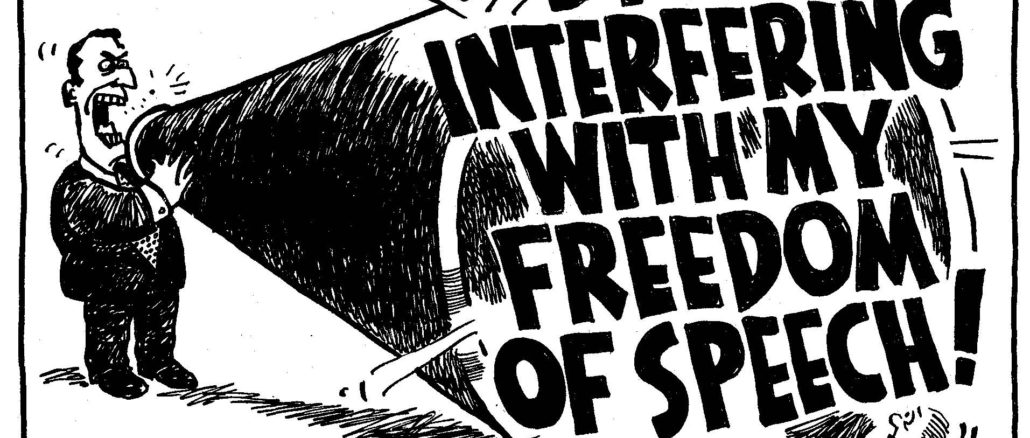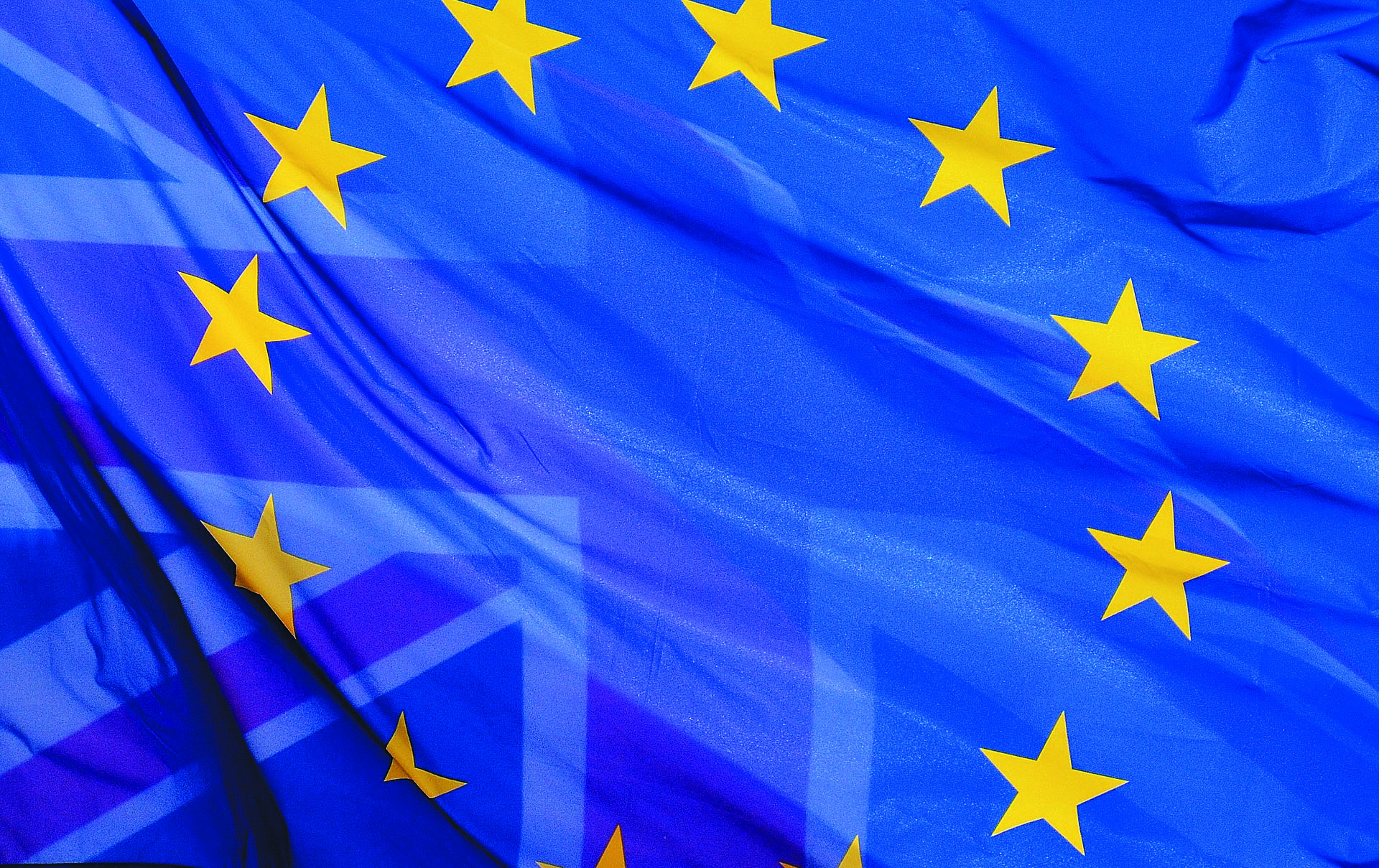
[dropcap]In[/dropcap] an attempt to combat hate speech, Twitter recently deactivated dozens of alt-right accounts including @RichardBSpencer, alt-right spokesman and founder of white supremacist think-tank, NPI.
Twitter’s actions were criticised by alt-right members, naturally, but also by others accusing the company of interfering with freedom of speech.
The constitutional right refers to government, not Twitter. But did they violate the ideal of freedom of speech? It is not absolute freedom. One exemption is “false or malicious defamation of racial and religious groups”.
Was this what led to the mass-delete? While we can not read their tweets, those banished still have presences online.
Like the NPI website, which claims non-whites are inferior and supports not just the expulsion of illegals but all immigrant descendants (except Europeans- presumably those whose ancestors didn’t lay-over in South America.)
The NPI and its magazine, also banned from Twitter, tries to package racism as respectable research, probably for credibility. But even without overt racial slurs and suggestions of lynching, the message is still hate.
These voices are free online, and though unpleasant, it lets the public see whether accounts were deleted because of hate speech or, say, political dissent.
The deleted alt-right can still preach to their choir, but they can not offend those who do not seek them out.
Social media, on the other hand, spreads far wider. So far, Twitter have just lopped off the tip of the white supremacist iceberg, but they also introduced new measures for people to deal with abuse: essentially by muting it.
At home, at the height of the troubles, cross-border media had their own censorship conundrum. The governments’ bans on broadcasting terrorist groups were sometimes seen as ridiculous. In one film documenting the Maze prison, the BBC had to use a voice actor for an IRA spokesperson to complain about the sausage rolls served.
Some suggest banning the hate speech, not silencing the person. But what if hate-mongers have offensive comments censored and inoffensive comments allowed? Do they become normalised, whitewashed? Would we forget why the man is imprisoned, if we only hear his plea for bigger sausage rolls?
It speaks volumes that in the final days of the election, Trump’s aides (reportedly) banned him from using Twitter- to protect him from his own too-free speech.
Someone suggested bringing extreme opinions into the fold, at a recent journalism conference. But attempting to “involve” every viewpoint is not fairer- the most extreme minorities often shout loudest. Including every viewpoint leaves us with a distorted picture and insults victims of discrimination.
While those of us who still have our Twitter accounts may believe all people are equal, all opinions are not. It is the media’s job to shine a light on the dark corners, not toss a megaphone down every gutter. This has long been the job of journalists, but as the divides between media weaken, social networks are faced with a difficult choice. Can they act as editors for a newsroom staffed by everyone? And when or how is it right for them to do so?
Ciara Del Grosso Bates




Leave a Reply